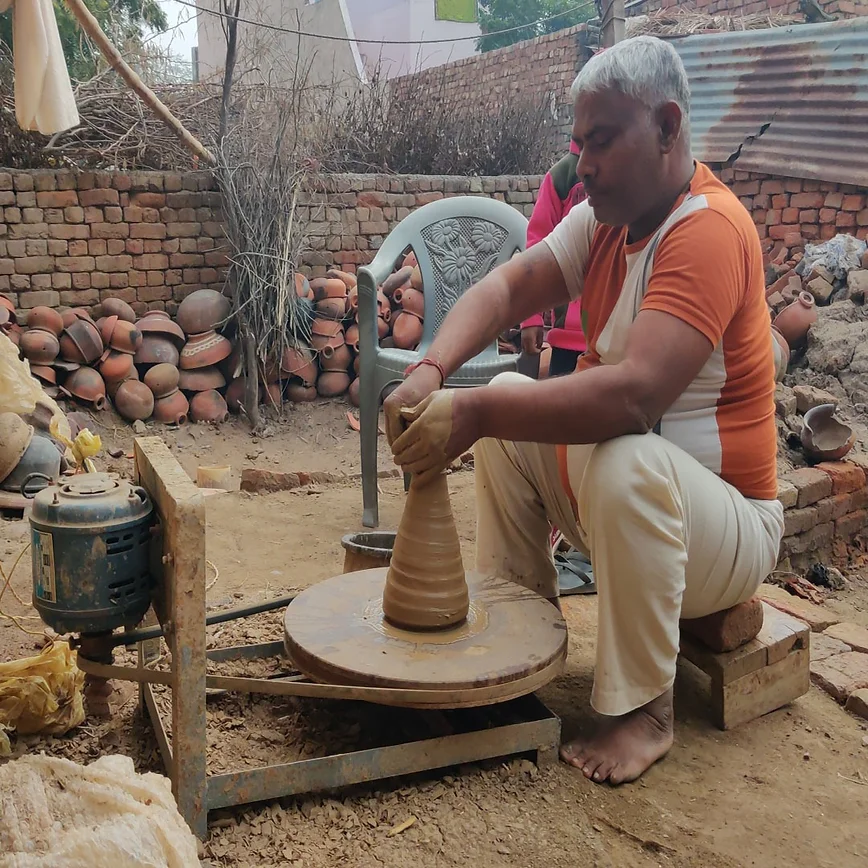Government Grants
Business Grants
Home Owner Programs
Federal Programs
About Us
Notice of Intent to Award to Nevada Department of Wildlife (NDOW)
NDOW will provide, operate, and maintain dedicated fish rearing facilities at Lake Mead Hatchery (LMH) and Overton Wildlife Management Area (OWMA) for production of razorback sucker (Xyrauchen texanus, RASU), bonytail (Gila elegans, BONY), and flannelmouth sucker (Catostomus latipinnis, FLSU).
Activities include rearing of wild-caught larvae, grow-out of post larval and sub-adult fish, and annual stocking of multiple year classes of native fish.
The RASU is one of four endemic, large-river fish species of the Colorado River Basin currently listed as endangered under the authority of the Endangered Species Act of 1973 (ESA) (USFWS 1991).
Historically abundant and widespread throughout the Colorado River Basin, RASU were predominantly found in the mainstem river and major tributaries in Arizona, California, Nevada, New Mexico, Utah, and Wyoming (USFWS 1998).
The current distribution and abundance of RASU are generally reduced from historic levels, mainly due to mainstem dam construction and the introduction of nonnative game fishes in the resultant reservoir habitats (Holden and Stalnaker 1975, Joseph et al.
1977, Wick et al.
1982, Minckley et al.
1991).
Populations have however persisted following the creation of reservoirs in the lower Colorado River Basin (LCRB), but this has mostly been possible due to recruitment events occurring soon after dam closures (Minckley 1983) and ongoing fish augmentation (Mueller 2006).
BONY is another one of the four endemic, large-river fish species of the Colorado River Basin currently listed as endangered under the ESA.
Similar to the RASU, BONY were once common throughout the Colorado River Basin, with known distribution ranging from Mexico to Wyoming (Behnke and Benson 1980, Deacon and Minckley 1991, Mueller and Marsh 2002).
BONY experienced a range-wide decline in abundance during the 1950s, presumably due to habitat alterations through mainstem dam construction and introductions of nonnative fishes.
However, unlike the RASU, BONY have had difficulty persisting in reservoirs in the LCRB.
A captive brood stock has been developed from 34 BONY that were captured from Lake Mohave during 1976-1988 (Minckley et al.
1991).
FLSU were historically the most abundant large fish species in the Upper Colorado River Basin (UCRB) (Vanicek et al.
1970; Holden 1973; Holden and Stalnaker 1975; McAda 1977).
They were found to be declining in the LCRB, and for a period they were largely restricted to the Colorado River above Lake Mead and a short segment of the Salt River (Minckley 1973).
FLSU are currently listed as species of special concern in Arizona, and are an extinct species in California.
They are included in the LCR MSCP due to potential of the species being listed under the ESA or CESA, or becoming protected under Nevada or Arizona law.
Activities include rearing of wild-caught larvae, grow-out of post larval and sub-adult fish, and annual stocking of multiple year classes of native fish.
The RASU is one of four endemic, large-river fish species of the Colorado River Basin currently listed as endangered under the authority of the Endangered Species Act of 1973 (ESA) (USFWS 1991).
Historically abundant and widespread throughout the Colorado River Basin, RASU were predominantly found in the mainstem river and major tributaries in Arizona, California, Nevada, New Mexico, Utah, and Wyoming (USFWS 1998).
The current distribution and abundance of RASU are generally reduced from historic levels, mainly due to mainstem dam construction and the introduction of nonnative game fishes in the resultant reservoir habitats (Holden and Stalnaker 1975, Joseph et al.
1977, Wick et al.
1982, Minckley et al.
1991).
Populations have however persisted following the creation of reservoirs in the lower Colorado River Basin (LCRB), but this has mostly been possible due to recruitment events occurring soon after dam closures (Minckley 1983) and ongoing fish augmentation (Mueller 2006).
BONY is another one of the four endemic, large-river fish species of the Colorado River Basin currently listed as endangered under the ESA.
Similar to the RASU, BONY were once common throughout the Colorado River Basin, with known distribution ranging from Mexico to Wyoming (Behnke and Benson 1980, Deacon and Minckley 1991, Mueller and Marsh 2002).
BONY experienced a range-wide decline in abundance during the 1950s, presumably due to habitat alterations through mainstem dam construction and introductions of nonnative fishes.
However, unlike the RASU, BONY have had difficulty persisting in reservoirs in the LCRB.
A captive brood stock has been developed from 34 BONY that were captured from Lake Mohave during 1976-1988 (Minckley et al.
1991).
FLSU were historically the most abundant large fish species in the Upper Colorado River Basin (UCRB) (Vanicek et al.
1970; Holden 1973; Holden and Stalnaker 1975; McAda 1977).
They were found to be declining in the LCRB, and for a period they were largely restricted to the Colorado River above Lake Mead and a short segment of the Salt River (Minckley 1973).
FLSU are currently listed as species of special concern in Arizona, and are an extinct species in California.
They are included in the LCR MSCP due to potential of the species being listed under the ESA or CESA, or becoming protected under Nevada or Arizona law.
Relevant Nonprofit Program Categories
Obtain Full Opportunity Text:
FWS Region 7 NOFO Page
Additional Information of Eligibility:
- Eligibility for U. S. institutions is limited to not-for-profit organizations subject to 501 (c) (3) of the tax code.
- The lead institution and funding recipient in the project must be an accredited four-year U.S college or university.
Full Opportunity Web Address:
Contact:
Agency Email Description:
Agency Email:
dmblake@usbr.gov
Date Posted:
2017-07-06
Application Due Date:
2017-07-20
Archive Date:
2017-08-19
Social Entrepreneurship
Spotlight
Reviving Ancient Indian Art Forms – Empowering Artisans Towards Entrepreneurship

Rivaayat is an initiative by Shri Ram College of Commerce, Delhi to revive various dying art form and solve innumerable problems faced by the artisans. Rivaayat began with reviving a 20,000-year-old art form of pottery that is a means of survival for 600 families residing in Uttam Nagar, Delhi.

